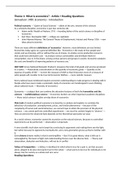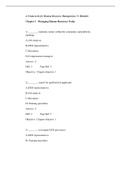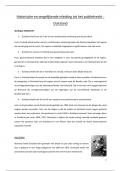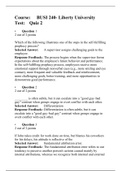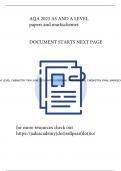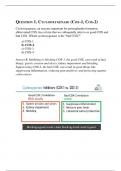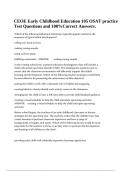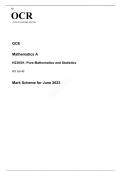College aantekeningen
Theme 1: What is economics? articles & reading questions - Introduction To Economics And Business Economics (ECB1IEBE)
- Instelling
- Universiteit Utrecht (UU)
In dit document staat de benodigde stof voor Thema 1 van het vak Introduction to Economics and Business Economics. Het document omvat de artikelen (Samuelson 1980: Economics - Introduction ) en gaat in op de bijbehorende thema-vragen.
[Meer zien]
